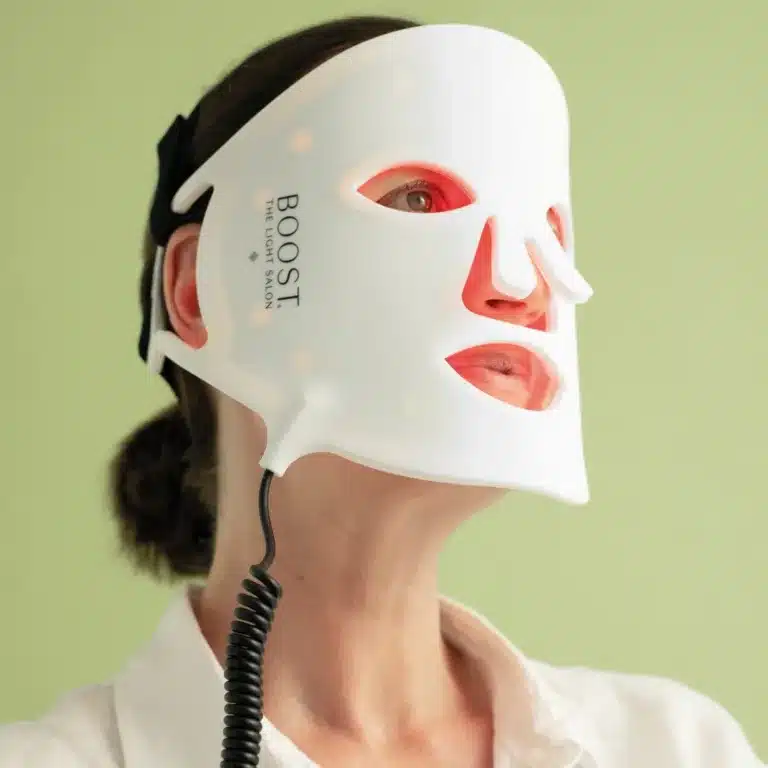With approximately 1 in 600 people being diagnosed with rosacea each year, Absolutely gets expert information on the condition from dermatologist Dr Anjali Mahto.
Words Dr Anjali Mahto
Rosacea is quite a common condition, but what is it and how can we treat it? Consultant dermatologist at the Cadogan Clinic, Dr Anjali Mahto, explains all you need to know about the condition:
What is Rosacea and who gets it?
Rosacea is a skin condition that most commonly affects individuals aged 30-60. It is generally more common in females and often presents with facial redness; this is usually intermittent at first, but can be fixed over time. It tends to affect those with fair skin, blue eyes, or Celtic origin.
What are the symptoms?
Symptoms include facial skin sensitivity, redness, flushing or a sensation of heat and small red bumps known as papules. Some people may develop prominent small dilated blood vessels known as telangiectasia. Other potential problems include facial swelling, gritty eyes, and enlargement and redness of the nose (rhinophyma).
What causes it?
The exact cause of rosacea is unknown, however its triggers are well documented. These include things like alcohol, too much exercise, change in temperature, hot drinks, spicy foods, stress and sunlight. Prolonged and repetitive exposure to pollution can also be an aggressor. Air pollutants known as polycyclic aromatic hydrocarbons (PAH), volatile organic compounds (VOC), oxides, particulate matter, ozone and cigarette smoke harm the skin’s natural barrier and expose it to irritants. Certain ingredients in skin care – like alcohol, retinoids, witch hazel, menthol, fragrance, and eucalyptus oil – can also aggravate rosacea, so always test a patch on your skin before applying products to your face.
How can we treat it?
There is no cure, but you can manage rosacea with cream treatments, oral antibiotics, anti-flushing medications and laser therapy. It’s extremely important to use sunscreen daily to help manage your rosacea as UV radiation is one of the common triggers. Ideally, you should wear an SPF of 50 that provides broad-spectrum, UVA and UVB protection. In terms of products available on the market, look for washes, cleansers and moisturisers designed specifically for sensitive skin (Bioderma Sensibio Micelle Solution and La-Roche Posay Rosaliac UV Light are both excellent options). In terms of covering up redness, Vichy’s Dermablend range provides good cosmetic camouflage to the areas and is suitable for sensitive skin types.
What skincare routine would you recommend to somebody suffering with rosacea?
Products should ideally by fragrance-free. Avoid harsh exfoliators, toners and astringents, and other known triggers. A dermatologist will be able to prescribe anti-inflammatory creams that will calm redness. We know individuals with rosacea tend to have extremely sensitive skin, and common topical irritants include alcohol, witch hazel, menthol, fragrance and eucalyptus oil. Acne treatments and retinoid products can also aggravate the skin condition.







